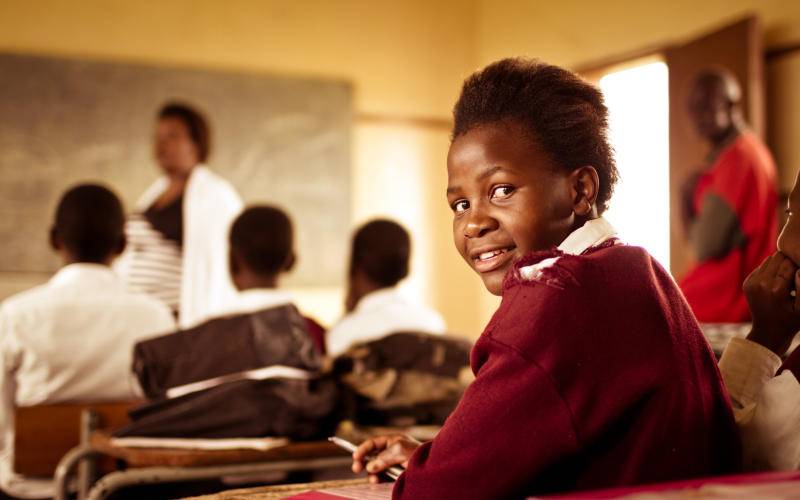×
The Standard e-Paper
Join Thousands Daily

The potential that lies within young girls in our communities cannot be denied. They have proven to be a source of creativity, energy and ideas that can drive real change when their voices are uplifted, and their rights and protections guaranteed by society. Honouring these rights means that girls have equal access to education, proper nutrition and health services while protecting them from Gender-Based Violence, Female Genital Mutilation (FGM), unintended pregnancies and child marriage.